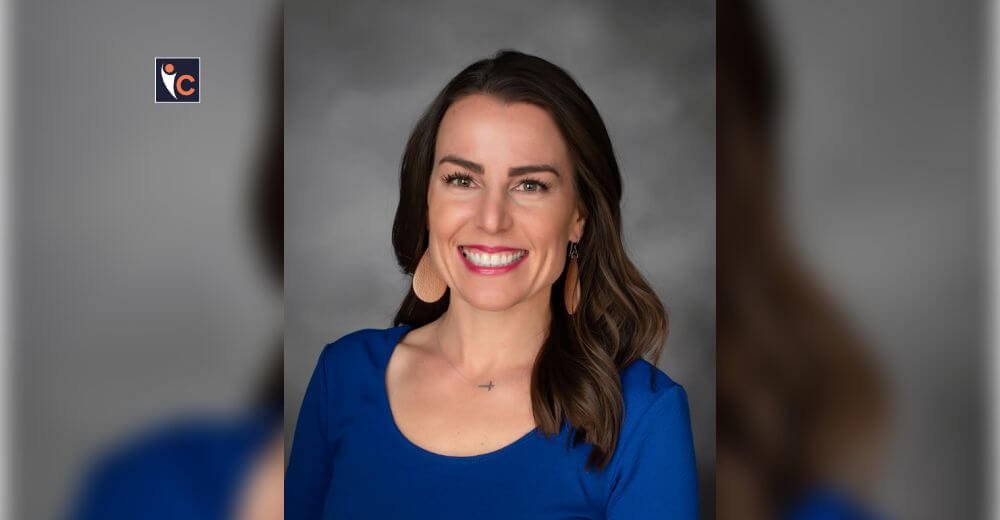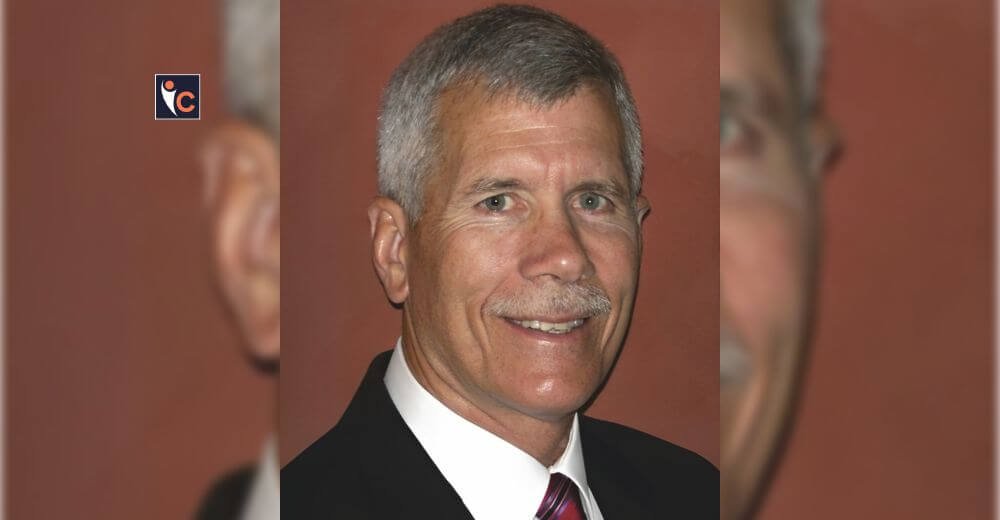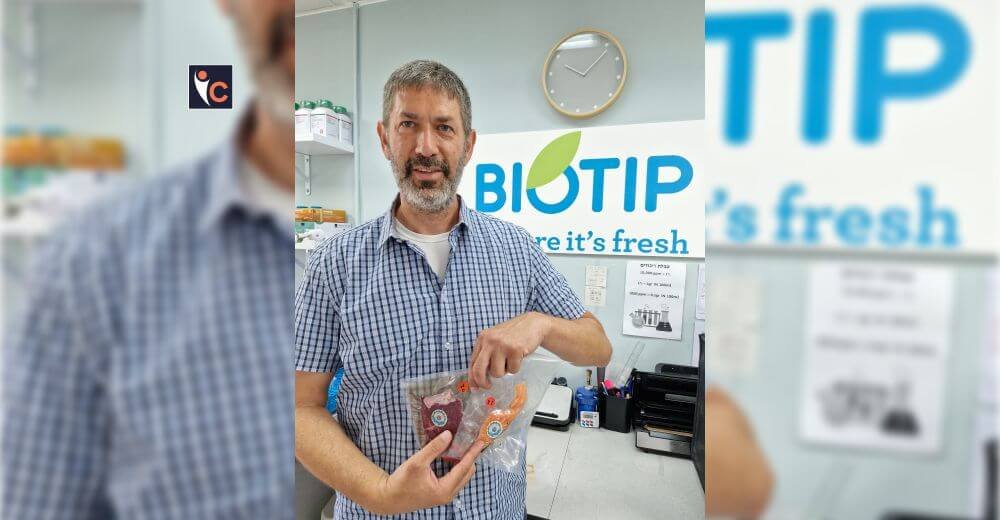Artificial Intelligence (AI) holds strong reasoning power and independent learning proficiency which can stimulate and enhance the critical thinking ability of a human brain. These fundamentals expand its reach to all industries—the healthcare industry being no exception.
AI excels in recognizing complex patterns in large data volumes, extracting the relationships of complex features in the records, and identifying characteristics in the statistics that the human brain cannot perceive.
Looking at the recent developments, AI is already extracting promising results in radiology and oncology. The clinicians use programmed machines to process images rapidly, thus assisting them in focusing their time on the crucial fundamentals—for which their technical expertise is essential.
Integration of AI technology in the treatment of severe diseases like Cancer improves the accuracy of diagnosis and facilitates clinical decision-making, leading to better health outcomes. AI-guided clinical care plays a comprehensive role in lessening health inconsistencies, especially in treating severe diseases.
The exponential growth of AI in the last decade is evidenced to be a potential platform for optimal decision-making by super-intelligence—AI-based algorithms hold great promise to pave the way to comprehend the unusual genetic mutations and aberrant protein interactions in the initial stage.
AI-based assistance to pathologists and physicians could be a great leap forward toward the prediction of risk, diagnosis, prognosis, and treatments of life-threatening diseases. Clinical applications of AI and Machine Learning (ML) in cancer diagnosis and treatment are the future of medical guidance towards faster mapping of a new treatment for every individual.
In other words, using advanced machine learning techniques in medical image diagnosis on a regular basis is the next big leap that our society needs to transform itself towards new horizons. Certainly, Cancer Care AI facilitates this transformation.
Under the leadership of Piotr Krajewski, CEO and Co-founder, Cancer Care AI’s state-of-the-art technology substantially improves human health conditions.
In an interview with Insights Care, Piotr Krajewski highlights the contribution of Cancer Care AI in connecting biology with Artificial Intelligence. He explains how AI-based assistance helps oncologists with precise treatments.
What are the core aspects of Cancer Care AI, and what is its vision and mission in the healthcare niche?
In cancer diagnosis and therapy, medical image processing and analysis need the combined opinion of many experts. To clarify, pathologists, radiologists, geneticists, and oncologists work together to find the best solutions. Firstly, the amount of data is huge. Furthermore, the overall decision process takes a lot of time. However, there is a cure for this disorder. Secure and compliant cloud platforms with algorithms based on collecting big data solve the problem. Both tools enable patients and doctors to share images. Most of all, they provide an automated, accurate pre-diagnosis.
What are the challenges in providing cancer treatment and comprehending these adversities, how does Cancer Care AI thrive towards transforming this scenario?
The current diagnostic workflow around the world is as follows:
First, a digital scan is taken, usually using MRI or CT scanners. Next, a radiologist examines the scan looking for signs of a tumor. If the result looks positive, a biopsy is taken, and a Pathologist examines the sample under a microscope. If that examination is positive, then a panel of doctors makes a decision on the type of treatment. The diagnostic workflow may be repeated multiple times during a treatment to assess the treatment outcome.
The main challenge in this area is that the diagnostic process is too long!
The first reason is that currently there are not enough pathologists to handle this workload; it is a manual process; many departments use microscopes without digital slides and send slides by post, in particular when a second opinion is required. Many pathologists do not use standardized reports. There are mistakes, and the process is very slow and expensive.
There is a major shortage of radiologists and pathologists from a doctor’s perspective. About five times more are needed to cope with the current demand around the world. Also, the process relies on an inefficient disjointed set of legacy technologies.
From data scientists and innovators’ perspectives, it’s hard to obtain up-to-date, high-quality datasets needed to train and improve algorithms. An ideal solution would be a diagnostic process that is fast, cheap and more accurate.
Our answer to these challenges is a tool for digitalization – PathoCam and a cloud platform – PathoPlatform that will enable oncologists/pathologists and in the future—patients to share their cases to provide cancer diagnosis supported by AI.
Once the system is in place, the process will be five times more efficient than it is today. Both doctors and patients will have access to a pool of experts to gain a second opinion to validate the diagnosis.
Our vision is to foster an ecosystem of apps and algorithms connected by APIs, of which we aim to be the gatekeepers.
Data will be owned by the patient and available to doctors in accordance with GDPR and other medical Information Governance regulations. Our aim is to make high-quality cancer diagnosis available anywhere in the world, regardless of whether you live in a rich or poor country.
We support Oncology Diagnosis (pathology and radiology) in better and faster diagnosis using AI, Deep Learning (DL) and Machine Learning (ML). Using AI and Deep Learning in Cancer Diagnosis makes the whole treatment much more efficient. Specialized algorithmic solutions analyze medical images for pathology and radiology.
What solutions does Cancer Care AI offer, and how do these offerings significantly impact the healthcare industry?
We would like to help pathologists, radiologists, and oncologists with better and faster cancer diagnosis. For that, we use Deep Learning (AI) and Software Tools. In the second half of the year, we are going to offer a Medical Second Opinion platform in oncology for patients also. We have developed specialized algorithmic solutions to analyze medical images for Pathology and radiology with faster and better than human accuracy.
Our solutions, which are both in API and Web Platforms, are designed to offer faster and better access for second and third diagnostic opinions by medical professionals to help develop a therapeutic approach quickly. This will help the patients and physicians by reducing anxiety caused by not knowing what they are dealing with.
Our solutions do all the work—segment images, find regions of interest, generate statistical descriptions of images, count cells, mitosis, and even recognize the type of cell.
We provide doctors with all the necessary tools to work with medical images. To clarify, we connect the new technology of medical imaging and the most advanced and futuristic solutions from the field of mathematics and computer science (machine and deep learning). Cancer Center applies deep learning techniques to the field of oncology/radiology.
A huge training set of medical images along with categorization technology allow computers to predict multiple diseases with better-than-human accuracy.
Piotr, enlighten our readers about the inspiration behind the establishment of Cancer Care AI.
Jakob is our true inspiration. He was lucky to win his battle with cancer. Because of him, we have learned firsthand how inefficient and slow the process of cancer diagnosis is. This is to say; in cancer diagnosis and therapy, the decision-making process needs the combined opinion of pathologists, radiologists, geneticists and oncologists.
In addition, the amount of data is huge and the overall decision process to make the final conclusion takes a lot of time. Likewise, the shortage of experienced oncologists is a worldwide problem. The same is with radiologists, pathologists, and geneticists. Being engineers and entrepreneurs, we decided to do something about it.
Being an experienced leader, share your opinion on how the adoption of modern technologies and platforms has impacted the diagnostics space and how is your company riding the technology wave?
When we started this project, it was not easy to find oncologists who would like to apply AI in their job. Now it is much better.
During COVID, many oncologists had to work remotely, and they saw the value of this kind of product. Additionally, we help them to decrease the risk of bad diagnosis.
What would be your advice to budding entrepreneurs who aspire to venture into the healthcare space?
The Healthcare sector is not easy if we talk about a fast sales process and generating income. It would be best to have more time and money while venturing into the healthcare industry. Building relations and trust take time. But if you know that product could help to save lives – that is a huge motivation!
How do you envision scaling Cancer Care AI’s operations in 2022 and beyond?
We would like to scale our sales through existing partners/distributors/producers in oncology. We are looking for partners in every country. At the same time, we are looking for an investor who will help us to scale our organization’s reach to greater heights.










